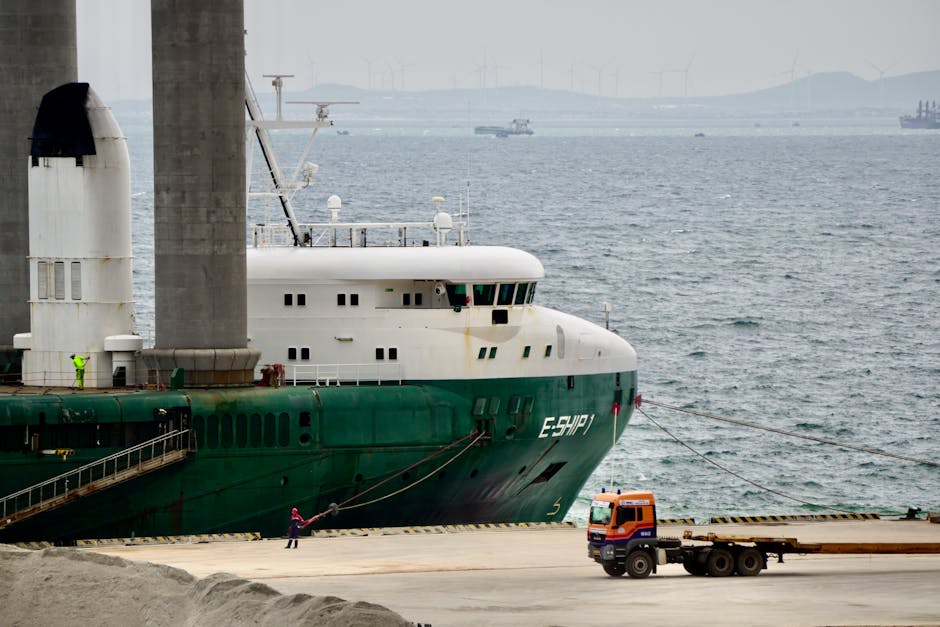In a bold move that has sent shockwaves through the international community, the United Nations Special Rapporteur Francesca Albanese has passionately urged countries worldwide to sever all trade and financial ties with Israel, labeling its economy as an “economy of genocide.” The call for a complete arms embargo and withdrawal of international support comes at a crucial time, sparking conversations about the ethical implications of trade relations.
With a strong Indian perspective in mind, it’s imperative for India, a nation with deep-rooted diplomatic ties across the globe, to reevaluate its own trade relations in light of this stark revelation. As a country that values peace and justice, India must consider the ethical dimensions of its economic partnerships and ensure that its trade practices align with its commitment to human rights and international law.
Albanese’s impassioned plea at the Human Rights Council in Geneva sheds light on the harrowing realities faced by the occupied Palestinian territories, drawing parallels to India’s own historical struggles for independence and self-determination. The vivid imagery of razed cities, targeted hospitals, and displaced populations resonates with India’s own journey towards sovereignty, serving as a poignant reminder of the importance of standing against injustice and oppression.
The report titled “From economy of occupation to economy of genocide” paints a grim picture of corporate complicity in perpetuating violence and repression against Palestinians. As Indian citizens, we must reflect on the role of corporations in shaping our world and question the moral implications of turning a blind eye to injustice for the sake of profit.
Amidst geopolitical complexities and economic interests, it is crucial for India to uphold its values of empathy and solidarity with oppressed communities worldwide. By reexamining its trade policies and fostering relationships built on ethical principles, India can lead by example in promoting a more just and equitable global economic landscape.
As we navigate the intricacies of international relations and diplomacy, let us not forget the human faces behind political decisions and economic transactions. Each statistic represents a life impacted, a family torn apart, and a community striving for justice. It is our collective responsibility, as global citizens with a shared humanity, to advocate for a world where dignity and equality prevail over greed and exploitation.
In conclusion, let us heed the call for ethical accountability and conscientious action in shaping a world where peace, justice, and compassion reign supreme. Together, we can build a future where trade is not tainted by violence, but rather serves as a vehicle for progress, harmony, and mutual respect.
Source: Al Jazeera – Breaking News, World News and Video from Al Jazeera

